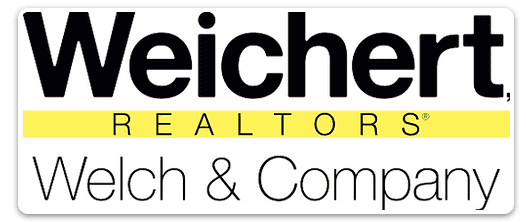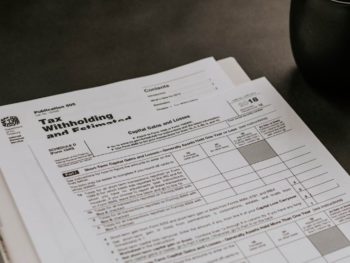Real Estate Agent Tax Deduction Spreadsheet (Free Download)
Maximize your income tax savings with our comprehensive tax deduction worksheet tailored specifically for real estate agents.
Download
PDF | EXCEL | Google Sheets
This downloadable spreadsheet simplifies the process of tracking tax deductions and deductible expenses, ensuring your real estate business complies with the latest tax laws and forms.
Consult with your tax professional to identify all eligible deductions and deduct expenses effectively for optimal financial benefit.

- Use Accounting Software - Employ tools like QuickBooks or Xero to track all business expenses and income, making it easier to generate reports and forms when filing taxes.
- Maintain a Mileage Log - Use apps such as MileIQ to record your travel for business purposes, which can be deducted as part of real estate agent tax deductions.
- Organize Receipts and Documents - Keep all receipts and documents related to your business in a digital or physical filing system to address IRS requirements.
- Set Aside Time Weekly - Dedicate time each week to update your accounts, review expenses, and ensure that all records are accurate and complete.
- Separate Personal and Business Accounts - Open a dedicated bank account and credit card for your real estate business to simplify tracking and reporting.
- Invest in Education - Stay updated on the latest tax laws and regulations specific to REALTORS® by attending workshops, webinars, and courses.
- Hire a Tax Professional - Engage a tax advisor or accountant who specializes in the real estate industry to take full advantage of available deductions and credits.
- Use Cloud Storage - Store your important documents and receipts in cloud services like Google Drive or Dropbox for easy access and backup.
- Regularly Back-Up Data - Ensure that all your financial data is backed up regularly to avoid loss and facilitate smooth tax filing.
- Review Industry Best Practices - Continuously search for new tools and routines that can help you better manage your finances and stay compliant with tax regulations.
- Automate Bill Payments and Invoicing - Use automation services to handle recurring payments and invoicing, reducing manual errors and saving time.
- Track Marketing Expenses - Keep detailed records of your spending on marketing and advertising to deduct these costs from your taxable income.
- Create a Tax Calendar - Mark important tax deadlines and due dates on a calendar to ensure timely filing and avoid IRS penalties.
- Leverage Employee Assistance Programs - If you have employees, use HR software to manage payroll and employee-related expenses efficiently.
- Consult with Peers - Network with other REALTORS® to share tips and strategies for effective tax management and deduction tracking.
As a real estate agent, it is crucial to maintain detailed information and receipts for all deductible expenses to maximize your tax deductions at the end of the tax year.
You might be self-employed, a sole proprietor, or operating as a corporation, keeping track of office supplies, commissions paid, and other business expenses can significantly benefit your financial management.
Ensure that all documents are organized and easily accessible for filing tax forms and reports, which will help you save money and qualify for various IRS advantages when you complete your tax deduction worksheet.

Contact Joe. Join Our Newsletter.
With our newsletter, you'll have all the resources you need at your fingertips. So why wait?
Sign up now and take your real estate business to the next level.

Overland Park, KS
Latest Blogs

15245 Metcalf Overland Park, Kansas 66223
913-647-5700
© copyright © 2024








